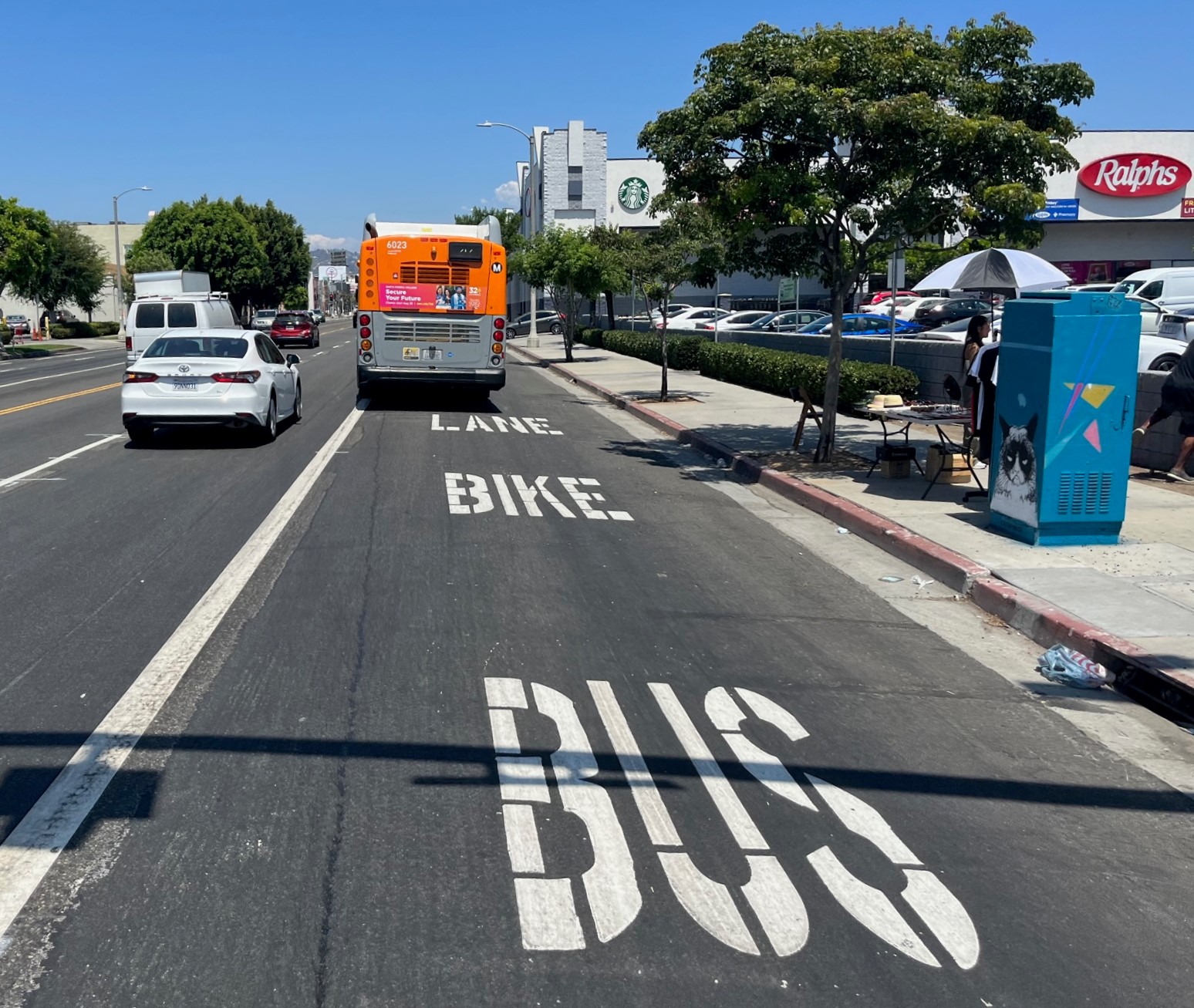 In Montreal, theft is "not a major problem" for the bike-share network. Photo: TreeHugger.
In Montreal, theft is "not a major problem" for the bike-share network. Photo: TreeHugger.The New York Times ran a piece on Vélib's growing pains this weekend. The story is more thoroughly reported than the hatchet job we saw from the BBC back in February
-- no claims that bike-share in Paris will flame out quickly this time
around. Vélib is part of Parisian life now, and some level of theft and
vandalism is part of the bargain.
Still, there's no
mistaking the overwhelming sense of schadenfreude emanating from this
new Times story (headline: "French Ideal of Bicycle-Sharing Meets
Reality"). Francophobes all over America are relishing the tale of
Parisian comeuppance.
But bike-sharing is a global phenomenon.
So why we do only seem to read alarming stories about the problems in
Paris? Part of the reason appears to be that bike-share operators in
other cities have few alarms to sound. In Montreal, 5,000 public bikes
are available through the Bixi system, launched earlier this year. Responding to the Times story, a Bixi spokesperson told the Montreal Gazette that theft and vandalism don't affect the system very much:
“Our bikes are very robust and Montrealers have a greatrespect for the Bixi program,” said Michel Philibert, a spokespersonfor Stationnement de Montréal, which oversees the bike rental program.
“Montreal is not Paris. The theft of bikes here is not a major challenge.”
The
Bixi operators also brought down theft rates thanks to a technical fix:
They reinforced segments of the docking stations, and fewer bikes were
stolen.
Vélib showed the world what a bike-share network can
accomplish, but the appeal of public bicycle systems has never been limited to
Paris or France. In the past few years, cities in China, Brazil, and the United States have launched bike-shares of various size. London is
looking at a 6,000 bike system, and Dublin recently launched a network with about 500 bikes. Boston
may be on the verge of rolling out the first truly robust American
bike-share network. Even in Australia, where it's illegal for anyone to
ride without a helmet, bike-share is on the way.
Like any good invention, bike-share tech is going to evolve over time. The first telephone looked like a fat brick with a hole in one end,
and there was no way to tell if someone else was calling you. So it
makes sense that Vélib has some kinks -- it marked a huge step forward
for bike-share systems, on a scale no one had ever tried before.
Inspired by the Vélib model, cities all over the world are also trying
to improve on it.




